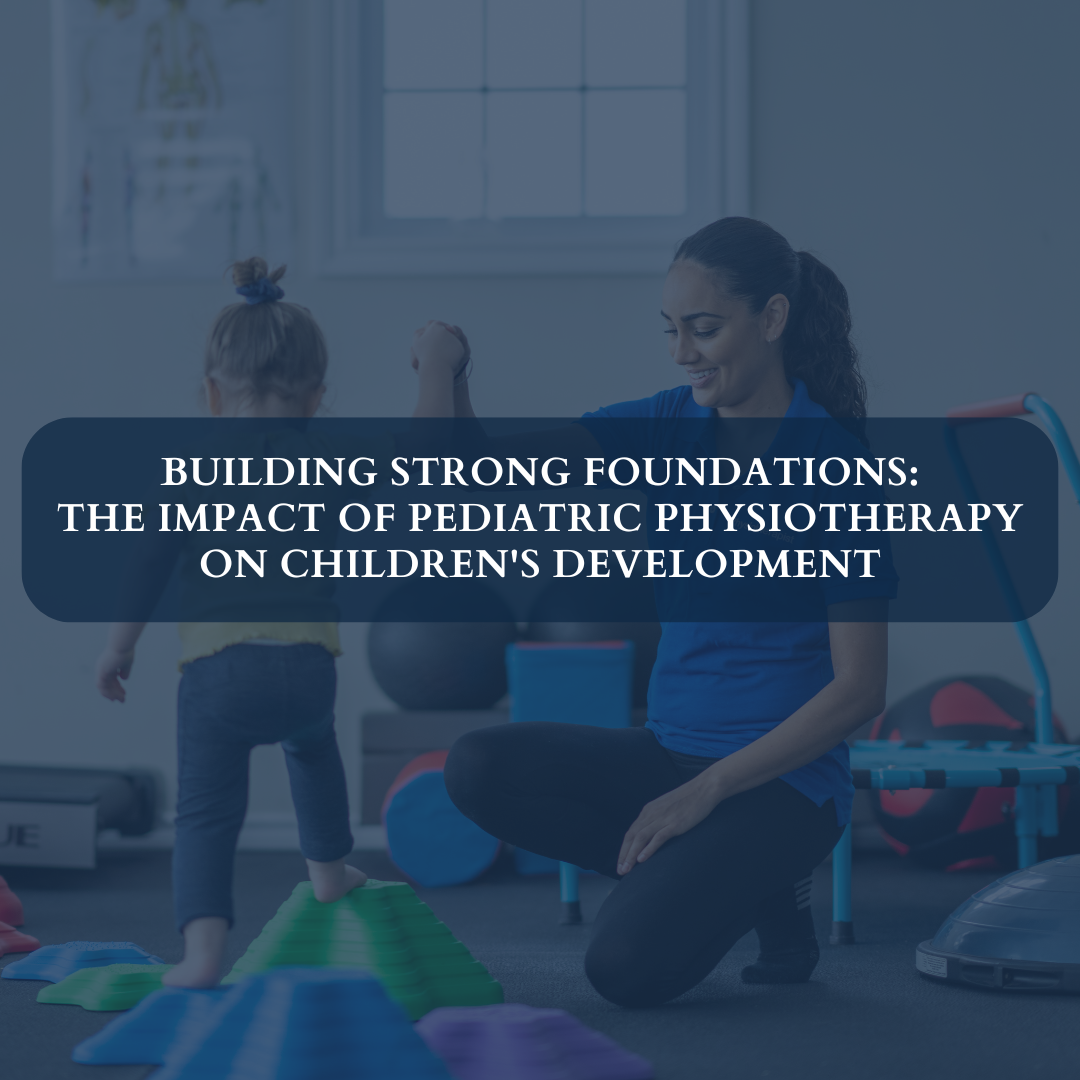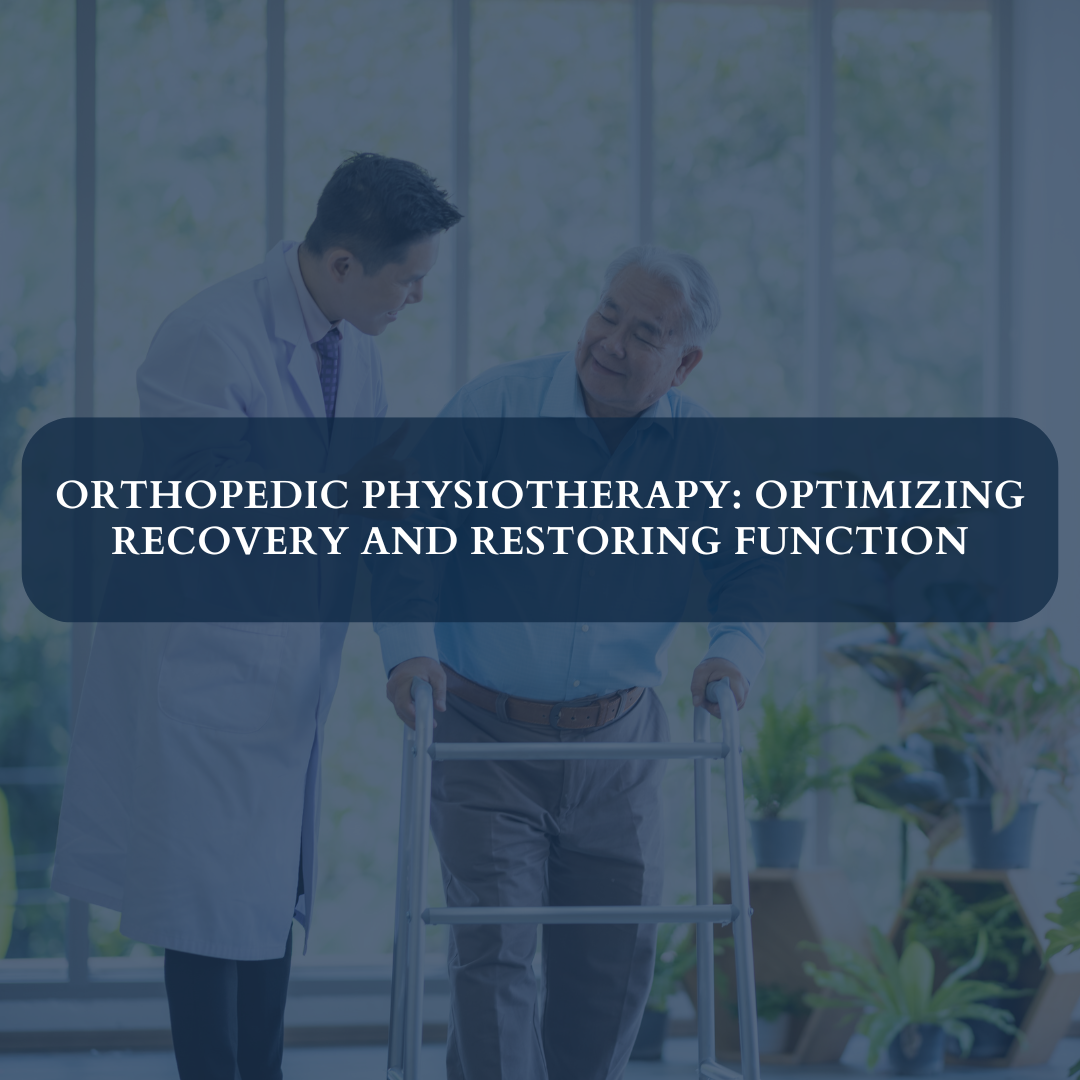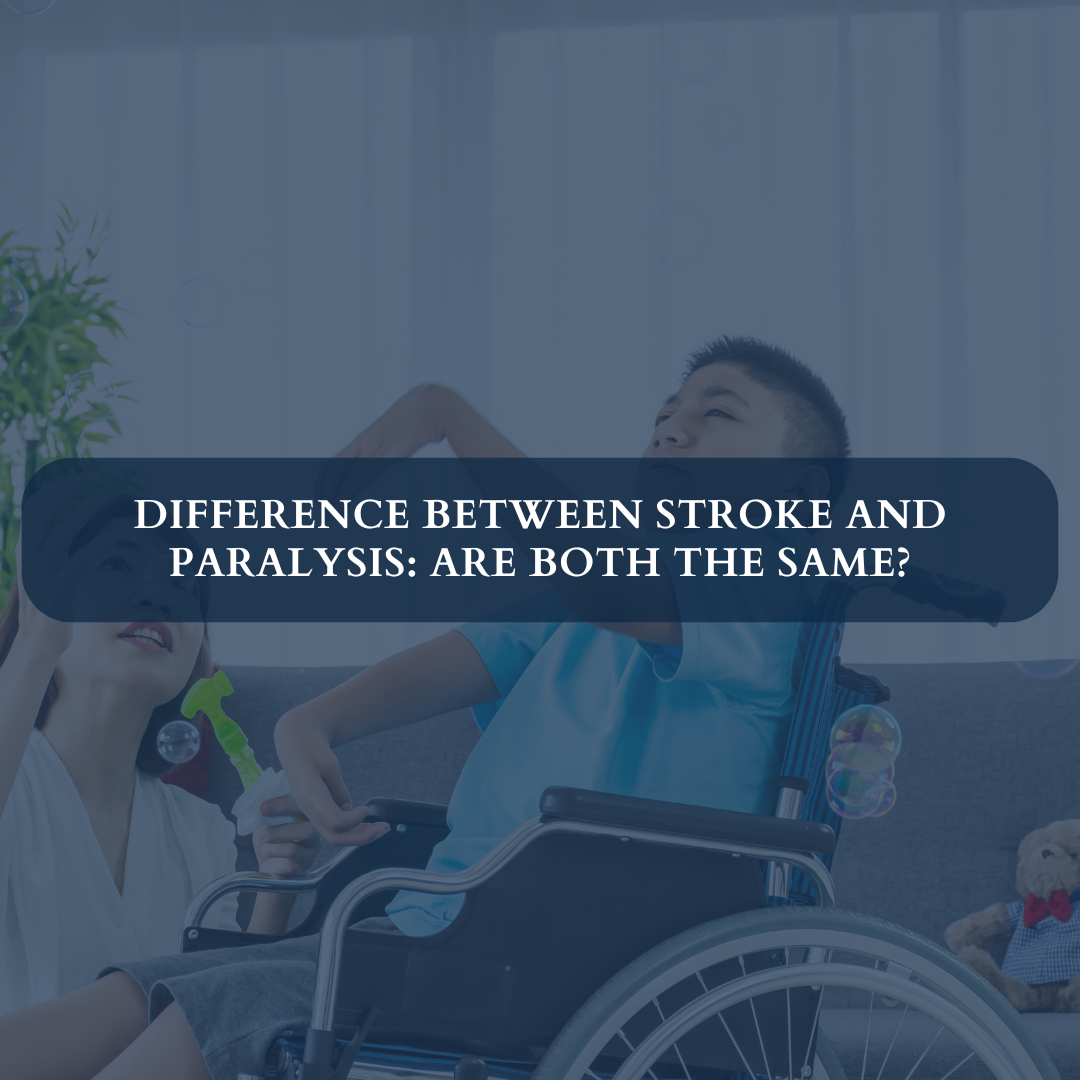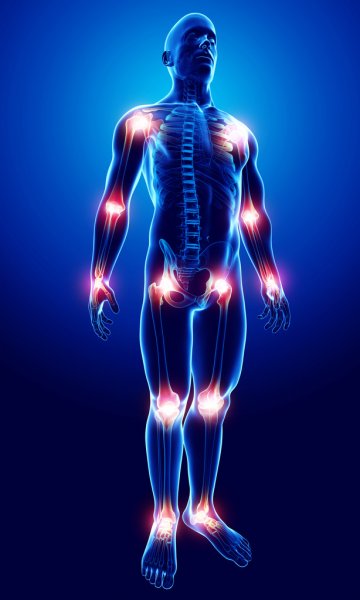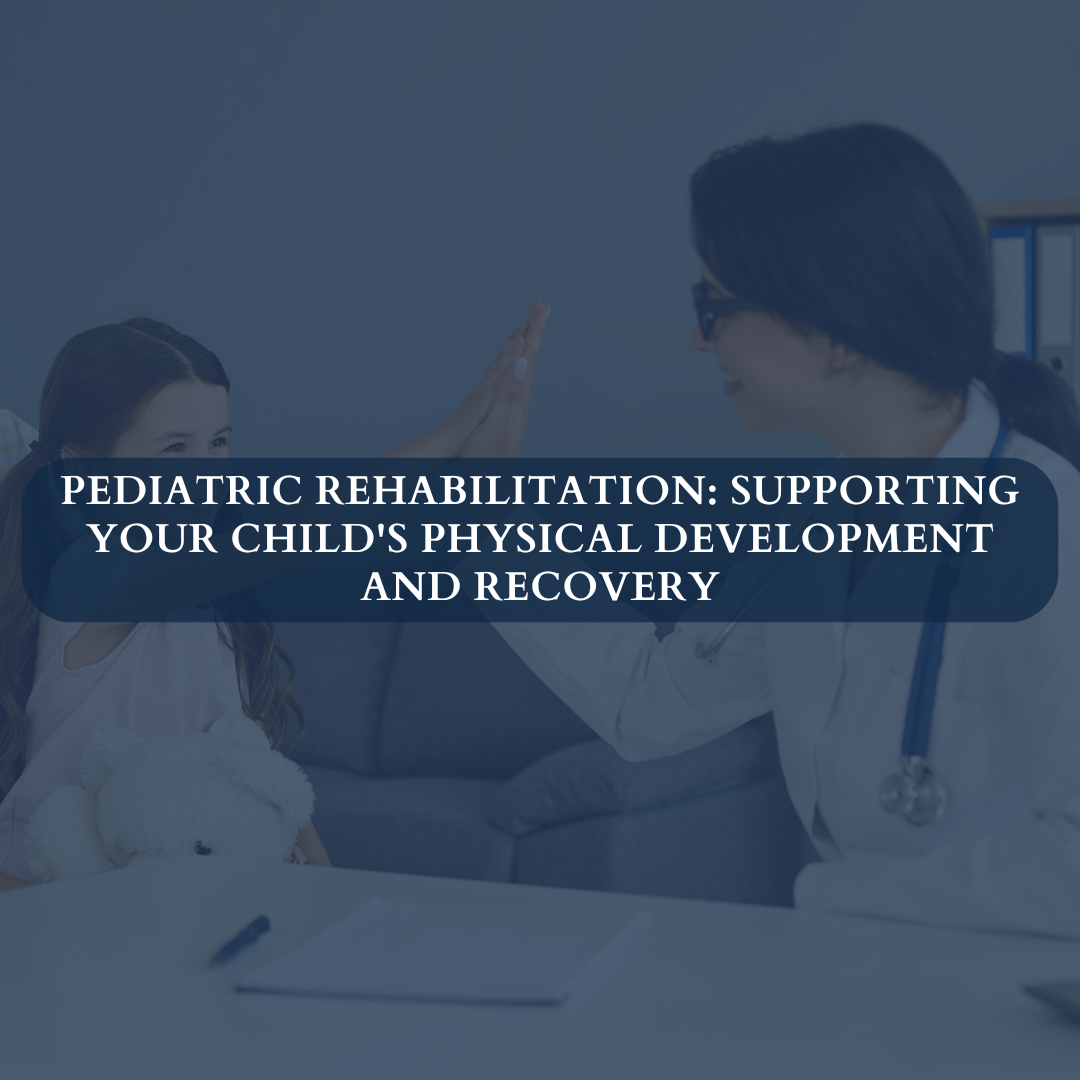In the formative years of a child’s life, physical development plays a crucial role in shaping their future well-being. Pediatric physiotherapy emerges as a fundamental element in fostering this growth, offering tailored interventions that address a wide spectrum of developmental issues. By focusing on enhancing mobility, strength, and functional skills, pediatric physiotherapy significantly contributes to a child’s overall development. This article delves into the multifaceted impact of pediatric physiotherapy on children’s development, highlighting its benefits and the transformative outcomes it can achieve.
Understanding Pediatric Physiotherapy
Pediatric physiotherapy is a specialized branch of physiotherapy that deals with the assessment, diagnosis, and treatment of physical conditions in infants, children, and adolescents. It aims to improve a child’s physical functions through various therapeutic exercises and interventions. The scope of pediatric physiotherapy encompasses a range of conditions, from congenital disabilities and developmental delays to injuries and illnesses that affect physical movement and coordination.
Key Objectives of Pediatric Physiotherapy
The primary objectives of pediatric physiotherapy include:
- Enhancing Motor Skills: Developing gross and fine motor skills that are essential for daily activities.
- Improving Strength and Endurance: Building muscle strength and cardiovascular endurance to support overall health.
- Promoting Mobility: Ensuring that children achieve optimal mobility, whether through walking, crawling, or using assistive devices.
- Enhancing Coordination and Balance: Improving coordination and balance to prevent falls and support active participation in various activities.
The Role of Pediatric Physiotherapy in Development
Motor Skill Development
Motor skills are divided into two categories: gross motor skills and fine motor skills. Gross motor skills involve large movements such as crawling, walking, and jumping, while fine motor skills include smaller actions like gripping, writing, and manipulating objects. Pediatric physiotherapists use targeted exercises to enhance these skills, ensuring that children develop the necessary abilities for independence and academic success.
Addressing Developmental Delays
Developmental delays can significantly impact a child’s ability to perform everyday tasks. Pediatric physiotherapy offers early intervention strategies that can mitigate these delays. Through personalized treatment plans, therapists work with children to improve their physical capabilities, helping them catch up to their peers. Early intervention is crucial, as it maximizes the potential for improvement and minimizes the impact of delays on the child’s life.
Support for Congenital and Acquired Conditions
Children with congenital conditions such as cerebral palsy, spina bifida, and muscular dystrophy often require ongoing physiotherapy to manage their symptoms and improve their quality of life. Similarly, acquired conditions from injuries or illnesses, such as fractures or respiratory issues, also benefit from pediatric physiotherapy. The treatment focuses on pain management, enhancing mobility, and supporting overall health and well-being.
Therapeutic Techniques in Pediatric Physiotherapy
Play-Based Therapy
Children learn and develop best through play. Pediatric physiotherapists often incorporate play-based therapy to make exercises engaging and enjoyable. This approach not only holds the child’s attention but also makes the therapeutic process less daunting and more effective. Activities might include obstacle courses, balance games, and creative movement exercises.
Strength and Conditioning Programs
Strength and conditioning programs are tailored to each child’s needs, aiming to improve muscle strength, flexibility, and endurance. These programs are essential for children recovering from injuries, as well as those with chronic conditions that affect muscle tone and strength. Exercises might include resistance training, stretching routines, and cardiovascular activities.
Hydrotherapy
Hydrotherapy, or aquatic therapy, utilizes water’s buoyancy and resistance to enhance physical therapy outcomes. The water environment reduces the impact on joints and allows for greater freedom of movement, which can be particularly beneficial for children with mobility issues. Hydrotherapy can improve strength, coordination, and overall fitness in a safe and supportive setting.
Assistive Devices and Technology
For children with significant mobility challenges, assistive devices such as orthotics, wheelchairs, and walkers can be crucial. Pediatric physiotherapists are skilled in assessing the need for such devices and training children and their families on their use. Additionally, advances in technology have introduced innovative solutions like robotic-assisted therapy and virtual reality, which can further enhance rehabilitation outcomes.
The Holistic Impact of Pediatric Physiotherapy
Boosting Self-Esteem and Confidence
A child’s ability to move independently and participate in activities has a profound impact on their self-esteem and confidence. Pediatric physiotherapy not only addresses physical limitations but also fosters a positive self-image. As children achieve their therapeutic goals, they gain confidence in their abilities, which translates into other areas of their lives, including social interactions and academic performance.
Supporting Family Dynamics
The role of pediatric physiotherapy extends beyond the individual child to encompass the entire family. Therapists work closely with families, providing education and support to help them understand their child’s condition and the best ways to support their development. This collaborative approach ensures that therapeutic gains are maintained and built upon at home, creating a supportive environment for the child’s growth.
Long-Term Health Benefits
The benefits of pediatric physiotherapy extend into adulthood. By addressing physical issues early, children are more likely to develop healthy movement patterns and avoid secondary complications such as joint problems, muscle weakness, and chronic pain. This proactive approach to health care promotes lifelong wellness and reduces the need for medical interventions in the future.
Also Read
The Importance Of Correct Footwear: A Step Towards Health And Wellness
Conclusion
Pediatric physiotherapy plays an indispensable role in the development of children, offering targeted interventions that address a wide range of physical challenges. From enhancing motor skills and addressing developmental delays to supporting children with congenital and acquired conditions, pediatric physiotherapy provides a foundation for optimal growth and development. By incorporating play-based therapy, strength and conditioning programs, hydrotherapy, and assistive devices, pediatric physiotherapists create comprehensive treatment plans that support children’s physical and emotional well-being. The holistic impact of these interventions not only boosts self-esteem and confidence but also supports family dynamics and promotes long-term health benefits.
Ready to explore your options for chiropractic and physiotherapy? Contact SwastyaPhysio today to schedule a consultation and discover the best path to your wellness journey. We’re here to support your health every step of the way.
Banaswadi | HBR layout | Kalyan Nagar | Kammanahalli | Horamavu | Hennur

